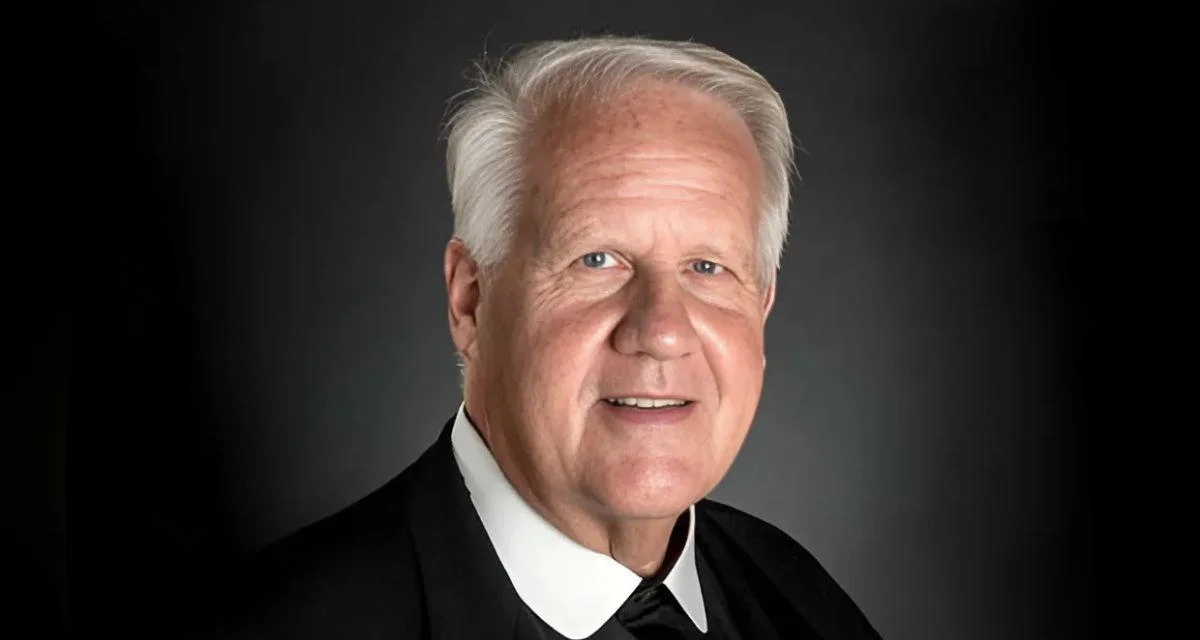
Rev. James D. Conley, D.D., S.T.L. | Diocese of Lincoln website
In addressing the question of when drinking alcohol becomes sinful, it is important to note that the answer lies in examining three key aspects: the Object (the action itself), the Intention (why the action is being taken), and the Circumstances (the factors that surround the action).
The object, in this case, refers to the act of consuming alcohol. Consumption of alcoholic beverages is not inherently evil. There are numerous scriptural warnings against drunkenness, but it is also clear that consuming alcohol can be done without committing a sin. A prime example of this is when our Lord turned water into wine - an act He would not have performed if drinking wine was a sin.
Therefore, we can conclude that consuming alcohol is at least morally neutral. This brings us to the second aspect: intention. The intention behind consuming alcohol can range from simply enjoying its taste to deliberately seeking inebriation. The former is certainly morally neutral, akin to enjoying different kinds of food for their unique flavors.
However, drinking with the intention to get drunk is decidedly not morally neutral but evil. Deliberate intoxication undermines our ability to exercise reason and puts us in situations where we might commit sins due to impaired judgement. It's often tied to a desire to mask negative emotions such as stress or loneliness - a destructive approach that prevents us from confronting these feelings healthily through God's grace.
Unintentional drunkenness due to factors like not eating before drinking or underestimating a drink's strength differs significantly from deliberate intoxication and does not constitute a mortal sin.
Lastly, circumstances play a role in assessing morality but cannot change an inherently bad act into a good one. For instance, justifying getting drunk because of having had a hard day doesn't make it morally acceptable.
While age might seem like another circumstance, underage drinking actually changes the object of the act from consuming alcohol to breaking a just law. A government has the right to establish a drinking age for its citizens, and violating this law is sinful, not because of the act of consuming alcohol at a certain age, but because a just law has been breached.



 Alerts Sign-up
Alerts Sign-up